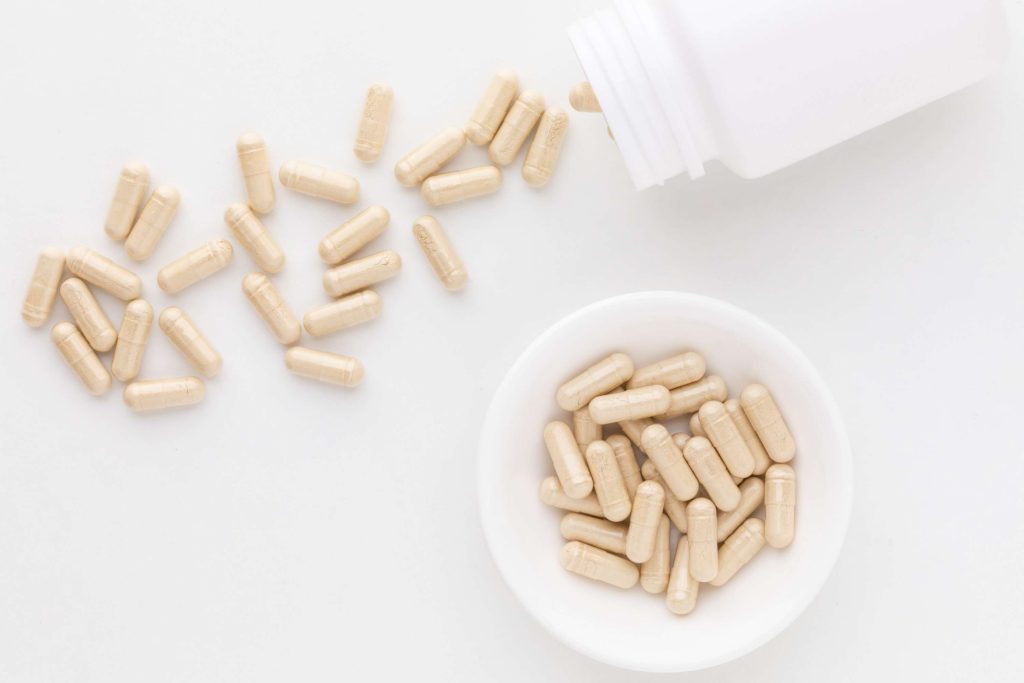What things to avoid while using Chamomile?
Chamomile Interaction

Interaction of a substance generally refers to potential risk that could develop inside the body when two or more drugs, products, or medical conditions interact with one another in a negative manner causing certain unwanted health conditions.
There are drugs of several categories that could interact with Chamomile such as:
- blood thinners
- Aspirin
- painkillers like naproxen and ibuprofen
- sedatives
- antiplatelets
- NSAIDs
- many others
There are also several supplements derived from natural substances that could interact with Chamomile such as:
- Saw palmetto
- Garlic
- Ginkgo biloba
- St. John’s wort
- Valerian
Symptoms of Chamomile Interaction:
When Chamomile interacts with several medical drugs, there are certain symptoms that an individual may identify such as:
- dizziness
- nausea
- vomiting
- eye irritation
- contact dermatitis
- skin reaction
- hypersensitivity reaction
- severe allergic reactions such as anaphylaxis
Who must avoid Chamomile?
Although being a natural herb and useful for a wide range of medical applications, chamomile must not be consumed by any form in people dealing with several medical conditions such as:
- Pregnancy– The safety of chamomile in a pregnant woman is not established properly.
- Breastfeeding– The safety of chamomile in the breastfeeding woman and nursing baby is not very well determined.
- Liver Disease– Consumption of chamomile or any of its kind during liver disorder may cause harmful effects.
- Kidney disease– Consumption of chamomile or any of its kind during kidney disorder may cause harmful effects.
- Children– It is advisable to consult a doctor before letting a child consume chamomile products or any of its kind.
- Surgery or dental therapy– The use of chamomile must be discontinued at least 2 week before the onset of any surgery or dental operation to reduce the risk of bleeding.
- Allergy– There have been reports of chamomile allergies in individuals who are allergic to several plants in the daisy family.
Is Chamomile Safe?

Chamomile is generally safe for most people when consumed in any kind of its form. When taken in high doses, chamomile may cause drowsiness. Several medicines and medical conditions as discussed before could interact with chamomile in an unusual way causing several side effects from moderate to severe nature. It is advisable to consult a doctor before medicating with chamomile and inform them in case of unusual effects when identified.
REFERENCES:
- https://www.ncbi.nlm.nih.gov/pmc/articles/PMC2995283/
- https://www.verywellhealth.com/the-benefits-of-chamomile-89436
- https://www.ncbi.nlm.nih.gov/pmc/articles/PMC2995283/
- https://www.drugs.com/mtm/chamomile.html
- https://www.rxlist.com/consumer_chamomile/drugs-condition.htmhttps://www.webmd.com/diet/supplement-guide-chamomile
- https://www.medicalnewstoday.com/articles/320031
- https://www.everydayhealth.com/diet-nutrition/diet/chamomile-tea-used-potential-benefits-side-effects-types-more/



